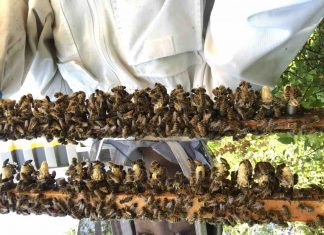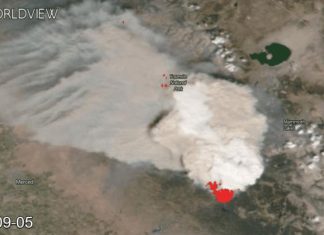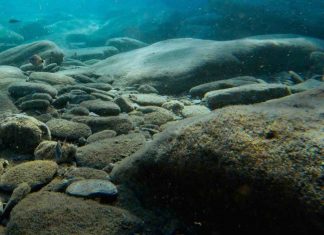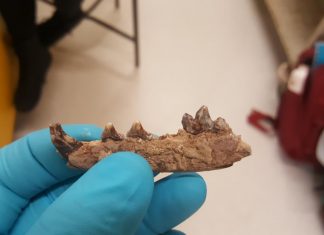Study: Poor home hygiene contributing to antibiotic resistance, warn global hygiene experts
According to the Global Hygiene Council's (GHC) public health experts, following a risk-based approach to home hygiene is essential to help curb the growing threat of antibiotic resistance.
It is estimated that rates of resistance...
Study: Seeing objects through clouds and fog
Like a comic book come to life, researchers at Stanford University have developed a kind of X-ray vision - only without the X-rays. Working with hardware similar to what enables autonomous cars to "see"...
Study: New tracking technology will help fight rhino poaching in Namibia
Interactive software that "reads" and analyzes footprints left by black rhinoceroses can be used to monitor the movements of the animals in the wild, giving conservationists a new way to keep watch on the...
Study: Giant particle accelerator in the sky
The Earth's magnetic field is trapping high energy particles. When the first satellites were launched into space, scientists led by James Van Allen unexpectedly discovered the high energy particle radiation regions, which were later...
UBC Researchers find clues to queen bee failure
Scientists at UBC are unravelling the mysteries behind a persistent problem in commercial beekeeping that is one of the leading causes of colony mortality--queen bee failure.
This occurs when the queen fails to produce enough...
Study: An evolutionary roll of the dice explains why we’re not perfect
If evolution selects for the fittest organisms, why do we still have imperfections? Scientists at the Milner Centre for Evolution at the University of Bath investigating this question have found that in species with...
Study: California’s creek fire creates its own pyrocumulonimbus cloud
On Friday September 4, 2020 at about 6:44 PM PDT the Creek Fire began in the Big Creek drainage area between Shaver Lake, Big Creek and Huntington Lake, Calif. NASA's Suomi NPP satellite captured...
Study: ‘Wrong-way’ migrations stop shellfish from escaping ocean warming
Ocean warming is paradoxically driving bottom-dwelling invertebrates - including sea scallops, blue mussels, surfclams and quahogs that are valuable to the shellfish industry - into warmer waters and threatening their survival, a Rutgers-led study...
Study: Ancient hunters stayed in frozen Northern Europe rather than migrating to warmer areas
Ancient hunters stayed in the coldest part of Northern Europe rather than migrating to escape freezing winter conditions, archaeologists have found.
Evidence from Arctic fox bones show communities living around 27,500 years ago were killing...
Study: Improving European healthcare through cell-based interceptive medicine
Hundreds of innovators, research pioneers, clinicians, industry leaders and policy makers from all around Europe are united by a vision of how to revolutionize healthcare. In two publications - a perspective article in the...









